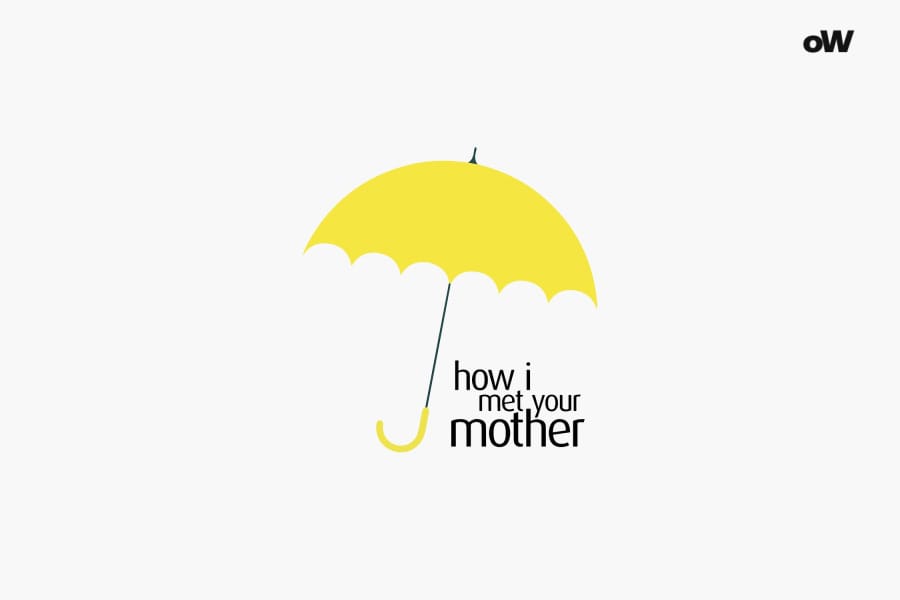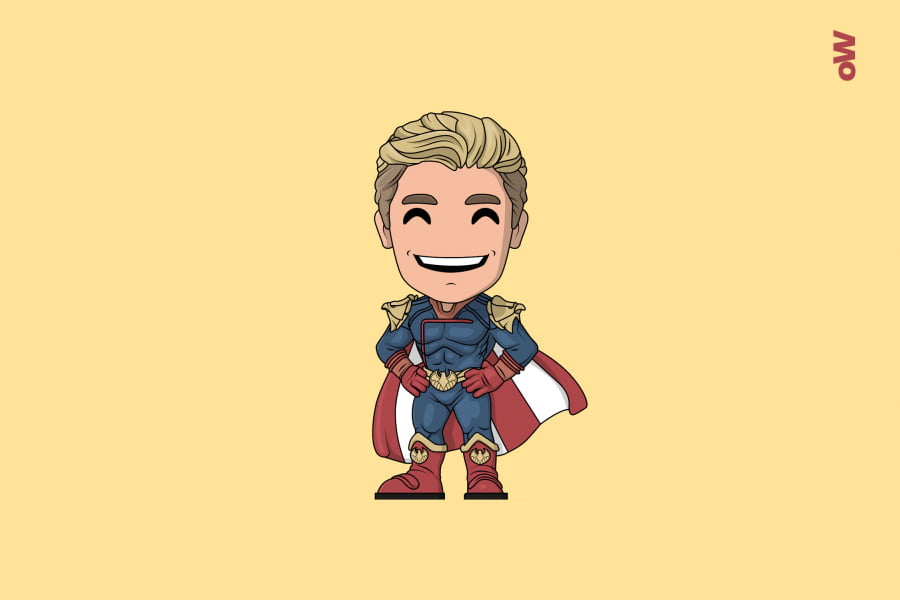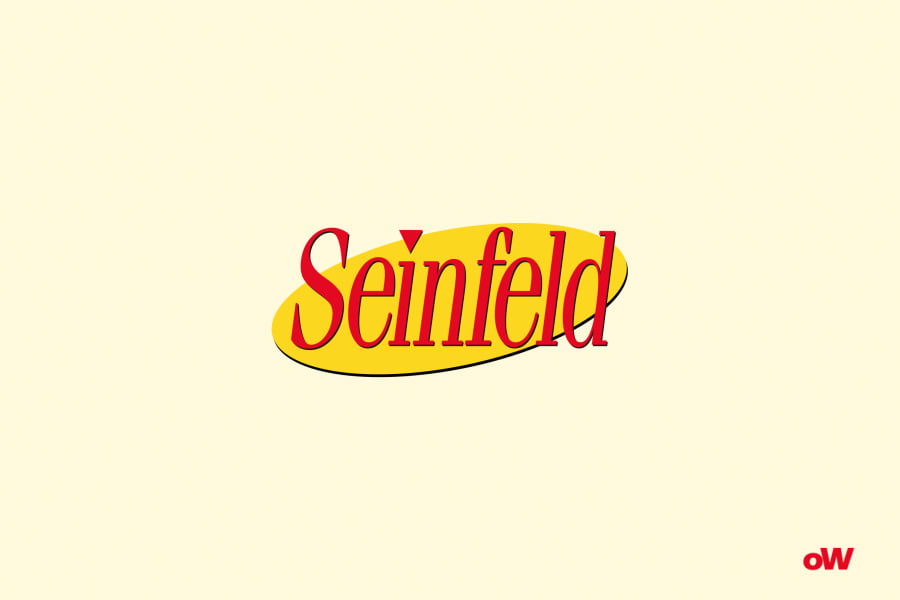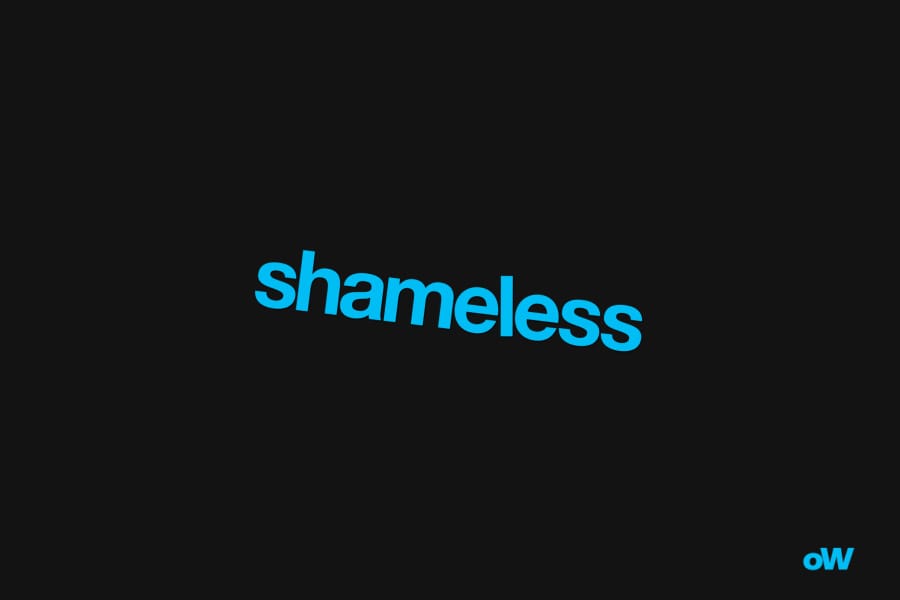Quiz: Which Big Bang Theory Character Are You?
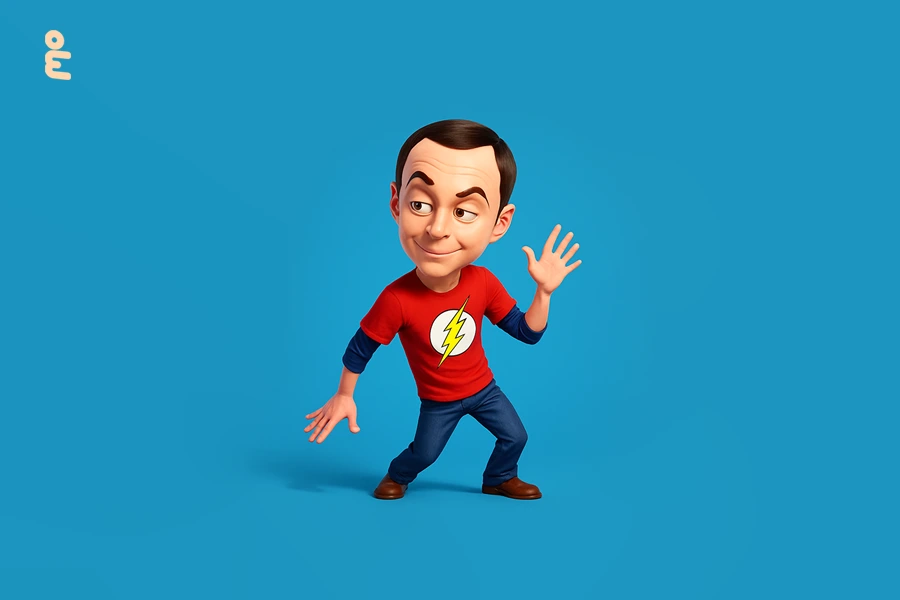
Have you ever caught yourself arranging food on your plate in perfect symmetry? Or explaining a joke that everyone already got? Maybe you’re the person who smooths over conflicts in your friend group and tries to make peace between everyone? Each of us carries traits of the characters from “The Big Bang Theory” – and this quiz will reveal which member of the legendary quartet of physicists (plus their circle) you’re closest to. Ready to learn the truth?
The Big Bang Theory Phenomenon: Why the Show Captured Millions of Hearts
Twelve seasons, 279 episodes, and an army of fans worldwide. “The Big Bang Theory” became one of the most successful sitcoms of the 2000s, and it’s not just about the funny jokes about quantum mechanics. The show works because its characters are us.
Sheldon with his obsession with rules, Leonard with his eternal “nice guy” syndrome, Penny trying to find herself in life, Howard with his desperate desire to seem cool, Raj and his communication problems – each of them shows, in exaggerated form, traits that ordinary people have. The show’s creators simply took typical human characteristics and pushed them to comedic absurdity.
The series hit the mark also because it showed: being smart, loving science and comics – that’s normal. Before “The Big Bang Theory,” the image of a geek in popular culture was often caricatured and unpleasant. Here, theoretical physicists turned out to be living people with feelings, problems, desires. They make mistakes, fall in love, argue about Superman – and millions of viewers saw themselves in them.
Plus, honestly, the chemistry between the actors worked perfectly. Jim Parsons created such a Sheldon that the character became a cult meme. And the dynamics of the entire group create the feeling that you’re not watching a TV show, but peeking in on a real group of friends.
What Will This Quiz Reveal About Your Personality?
The quiz doesn’t just determine “you’re like Sheldon” or “you’re like Penny.” The result shows your primary way of interacting with the world and people.
Each character in the series represents a certain behavioral strategy. Sheldon lives by rules and logic; for him, the world is a system that can be understood and organized. Leonard tries to be a mediator; it’s important to him that everyone is happy. Penny relies on intuition and social skills – she reads people, not textbooks. Howard compensates for insecurity through bravado. Raj fears conflict and prefers to stay in the shadows.
The quiz analyzes your answers about how you make decisions, communicate with people, react to stress, and build relationships. Essentially, it determines your role in a social group. Are you an initiator or an observer? Do you solve problems with logic or emotions? Is it more important to you to be right or to maintain harmony?
What’s interesting is that most people get a mix of several characters with one dominating. Because we’re all more complex than one character type. But the main behavioral line is usually clearly traceable.
Main Characters You Can Get in the Quiz
The quiz features five key characters from the series, each embodying their own unique personality type and way of interacting with others. Let’s break down what each result means and what character traits stand behind it.
Sheldon Cooper – Genius with Operating Instructions
If you got Sheldon, congratulations: you’re a person of system. You love order, rules, schedules, and logic. For you, the world makes sense when everything is organized. You don’t understand why you should tell polite lies, why hint when you can say it directly. Sarcasm and social conventions often seem strange and illogical to you.
You have high standards – both for yourself and for others. You genuinely don’t understand why others can’t be as efficient and consistent. At the same time, you’re a loyal friend, you just show it not through emotions but through actions. Sheldon is ready to sit with sick Leonard all night, even if he complains about it – and you help people in your own way too.
The main problem with Sheldons: they don’t see shades of gray. For them, there’s right and wrong, efficient and inefficient. Compromise is difficult. But you’re an excellent specialist in your field because you perfect everything.
Leonard Hofstadter – Experimental Physicist of Life
Leonard is the one who’s eternally trying to balance all sides. You’re an empath, you sense the mood of those around you and try to reconcile everyone. You’re ready to sacrifice your own comfort so others feel good. The classic “nice guy” who’s sometimes too nice.
You’re an intellectual, but unlike Sheldon, you understand that there are things more important than being right. It’s more important to you to preserve relationships than to win an argument. You know how to admit mistakes, compromise, seek balance. At the same time, you have your principles, and when it reaches a critical point, you know how to stand up for yourself.
The problem with Leonards is that they often forget about themselves. You’re so used to considering others’ interests that you push your own desires to the background. This is why resentment and disappointment periodically accumulate. But at the same time, you’re the foundation of any friend group, the person who holds it together.
Penny – Queen of Improvisation
Got Penny? That means you’re a person of action and intuition. You don’t make long-term plans, you live here and now. You have excellent social skills, you easily find common ground with people, you feel the atmosphere. Where Sheldon would read a psychology book, you just understand a person with a glance.
You’re practical. Theories and abstractions don’t matter to you – what matters is what works in real life. You know how to adapt, change, find a way out of situations. You’re not afraid to make mistakes because you know: mistakes are experience, not failure.
At the same time, Penny-types often underestimate themselves. You see others’ achievements and talents but don’t notice your own. You might feel “not smart enough” around intellectuals, even though your emotional intelligence and communication skills are also a form of intelligence, and a very valuable one at that.
Howard Wolowitz – Engineer of Human Relations
Howard is about wanting to be noticed and appreciated. If you got him, it means recognition is important to you. You try to make an impression, sometimes even overdo it. You’re creative, inventive, you have a good sense of humor, but sometimes you hide insecurity behind it.
You’re a good friend, even though you like being the center of attention. You’re ready to help, support, entertain. You have a rich imagination, you know how to find unconventional solutions. Professionally, you’re a practitioner – you’re not interested in building theories but in creating real things.
The main difficulty for Howards: they heavily depend on others’ opinions. You need approval, and when it’s not there, you feel inadequate. At the same time, when you feel support and love, you open up and show your best qualities.
Raj Koothrappali – Astrophysicist of Emotions
Raj is the most sensitive character in the series. If he’s your result, it means you’re a deeply emotional person, even if you don’t always show it. You’re a romantic, you believe in true friendship and love. You value closeness, sincerity, deep connections.
At the same time, you often fear conflict and rejection. It’s easier for you to stay silent than to say something that might offend or cause an argument. You avoid confrontation, sometimes even at your own expense. You’re an observer, not the group leader.
Rajs have a hidden strength: they know how to be true friends. You remember details, you care, you create comfort for those around you. You just need more time to open up and trust. But when you do, you show a depth and sincerity that louder characters lack.
Character Evolution in the Series and Personal Development: How It Affects Quiz Results
One reason why “The Big Bang Theory” kept viewers for twelve seasons – the characters changed. These aren’t frozen archetypes doing the same thing episode after episode. They grew, learned, overcame their flaws.
Sheldon learned empathy and compromise through his relationship with Amy. Leonard became more confident and learned to defend boundaries. Penny found her path in her career and believed in herself. Howard transformed from a mama’s boy into a husband and father. Raj started talking to women and building relationships.
The quiz takes this into account. Getting the result “you’re Sheldon” doesn’t mean you’re forever stuck in the role of a socially maladjusted genius. It’s just your basic strategy, your starting set of characteristics. From there, you can develop, as the series characters did.
Moreover, throughout life, your result can change. A young person who got Raj might take the quiz again in ten years and get Leonard or even Penny. Because we change, gain experience, overcome fears, learn new ways of interacting with the world.
The characters of “The Big Bang Theory” show an important thing: your personality type is not a prison. It’s a starting point. Sheldon with his rigidity learned flexibility but didn’t stop being himself. He kept his love of science, logic, structure – he just added to them the ability to consider others’ feelings.
So the quiz result is a clue about who you are now, which strategy is closest to you at this moment. And what you do with this information – you decide. You can develop your strengths, you can work on weaknesses, you can just smile and agree: “Yeah, I’m really like Sheldon when it comes to closet organization.”
The main thing – remember that all the series characters were good in their own way. And each of them had their own value in the group. There are no bad or good results. There are different ways of being human. And that’s okay.
Questions Overview 🧠
- Calculate the statistical probability of your order arriving based on kitchen efficiency metrics
- Politely ask the waitress about the delay while nervously adjusting your glasses
- Make friends with the people at the next table while you wait
- Start sketching a robotic arm design on a napkin that could speed up food service
- Text everyone immediately with seventeen emoji reactions
- Wonder if this violates some fundamental law of the universe you've grown accustomed to
- Calculate how much time you'll save not taking the stairs and what you'll do with it
- Feel nostalgic about all those stair conversations you'll miss
- Buy it immediately, then spend three hours explaining its significance in the Marvel timeline
- Negotiate the price down while internally debating if you really need it
- Ask the seller if they have any vintage clothing instead
- Take a selfie with it to post on your collectibles Instagram
- By the appetizers, making observations about the cheese selection
- In a corner, engaged in an intense debate about dark matter
- Near the exit, ready to leave after making your obligatory appearance
- Behind the punch bowl, hoping someone will talk to you
- Launch into a detailed explanation about territorial psychology and comfort zones
- Sit somewhere else but feel slightly off for the rest of the day
- Not even notice because you rarely sit in the same place twice
- Make a joke about it while secretly being really annoyed
- Solve it in your head before the barista finishes explaining
- Appreciate the clever wordplay while solving it on a napkin
- Ask three different people for help and charm them into giving you the answer
- Pretend you solved it but actually just use your phone data
- A documentary about train systems in post-war Europe
- The original Star Wars trilogy for the hundredth time
- A romantic comedy that everyone secretly enjoys
- Something with lots of space explosions and minimal plot
- An exotic dish that requires explaining its cultural significance
- A scientifically optimized casserole with perfectly balanced nutrients
- Store-bought cookies that you put on a fancy plate
- Whatever was on sale at the grocery store
- Mandatory quiet hours for optimal REM sleep cycles
- A fair system for sharing household chores based on work schedules
- No judging each other's Netflix viewing history
- Soundproofing requirements for certain activities
- Create a detailed timeline of everyone you need to thank in order of importance
- Immediately call your mother, then regret it
- Use it as leverage for a raise at work
- Wonder if this means people will finally take you seriously
- In Hall H, having camped out for 36 hours to get front row seats
- At multiple panels, trying to see everything on your color-coded schedule
- At the bar, people-watching the costumes
- Hitting on cosplayers dressed as Princess Leia
- Color-code different parts and add historical footnotes
- Double-check every step three times before moving forward
- Google the answer and work backwards
- Doodle in the margins while pretending to think
- Create a spreadsheet ranking each item by taste, nutrition, and cost-efficiency
- Try one new thing while keeping your regular lunch as backup
- Stick to the salad bar and avoid the mystery meat
- Make inappropriate jokes about what the food looks like
- Bringing a binder of character backstories and contingency plans
- Optimizing your character build using advanced mathematics
- Playing a chaotic character just to mess with everyone's plans
- Being grateful you were invited at all

